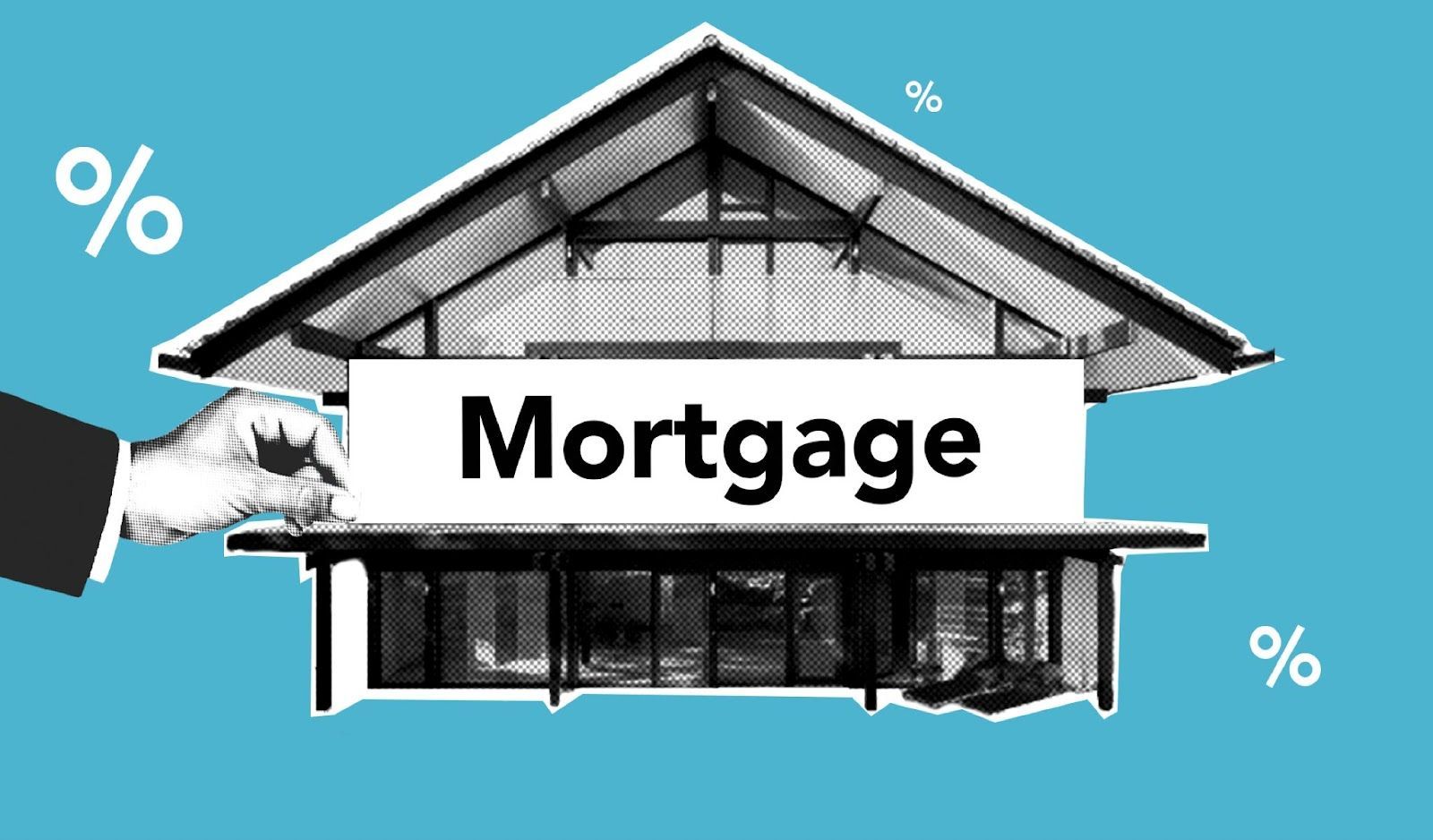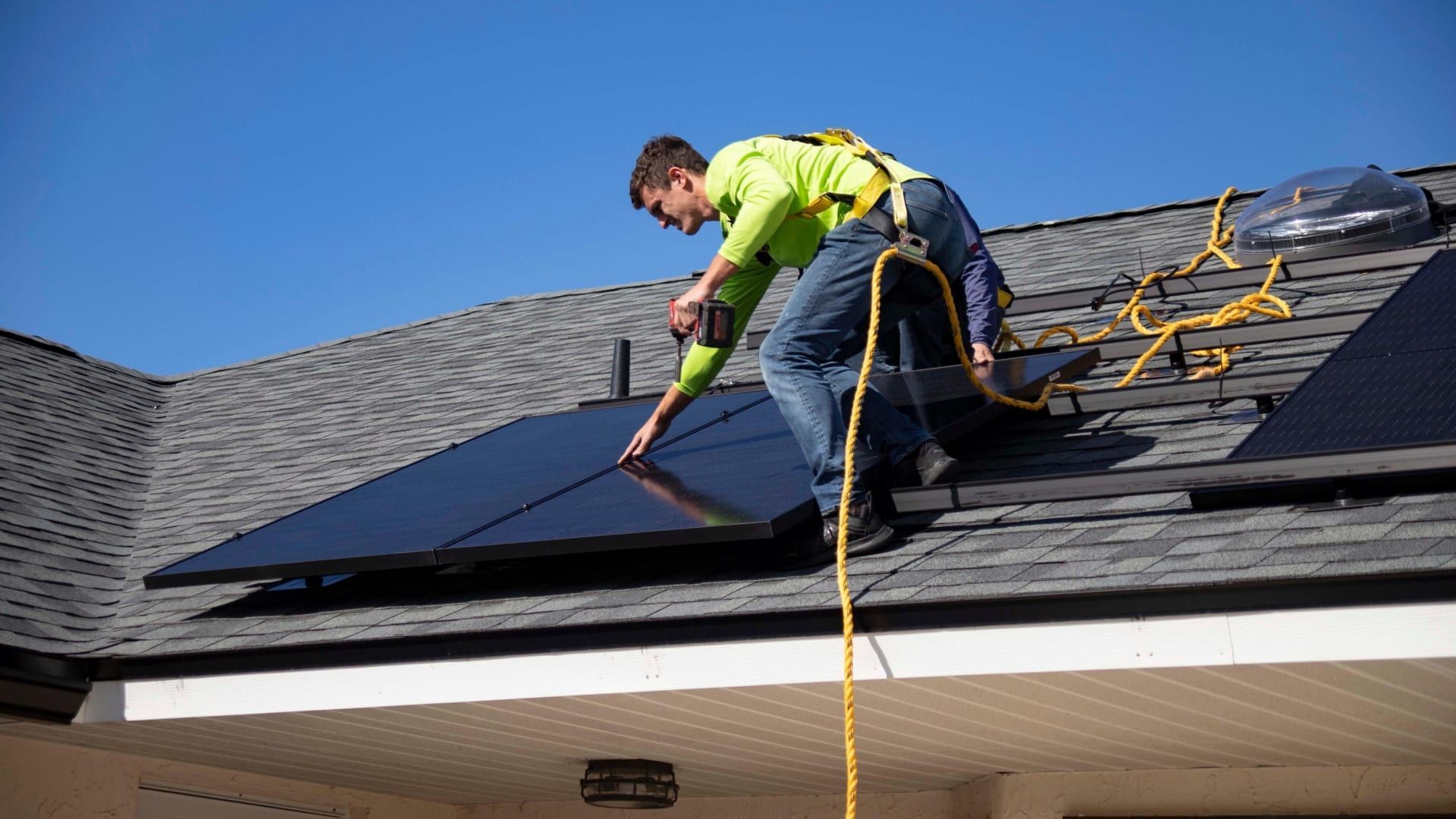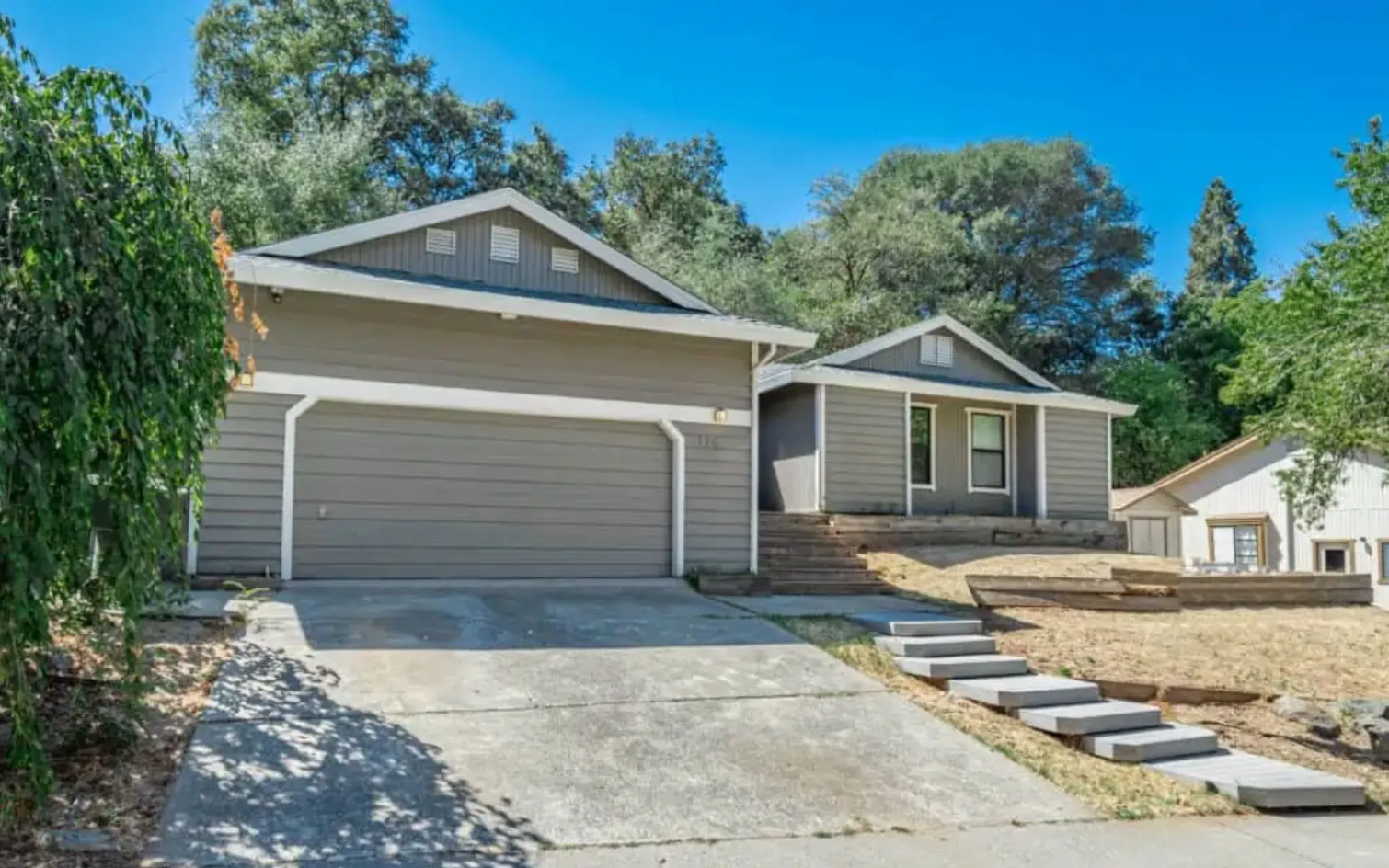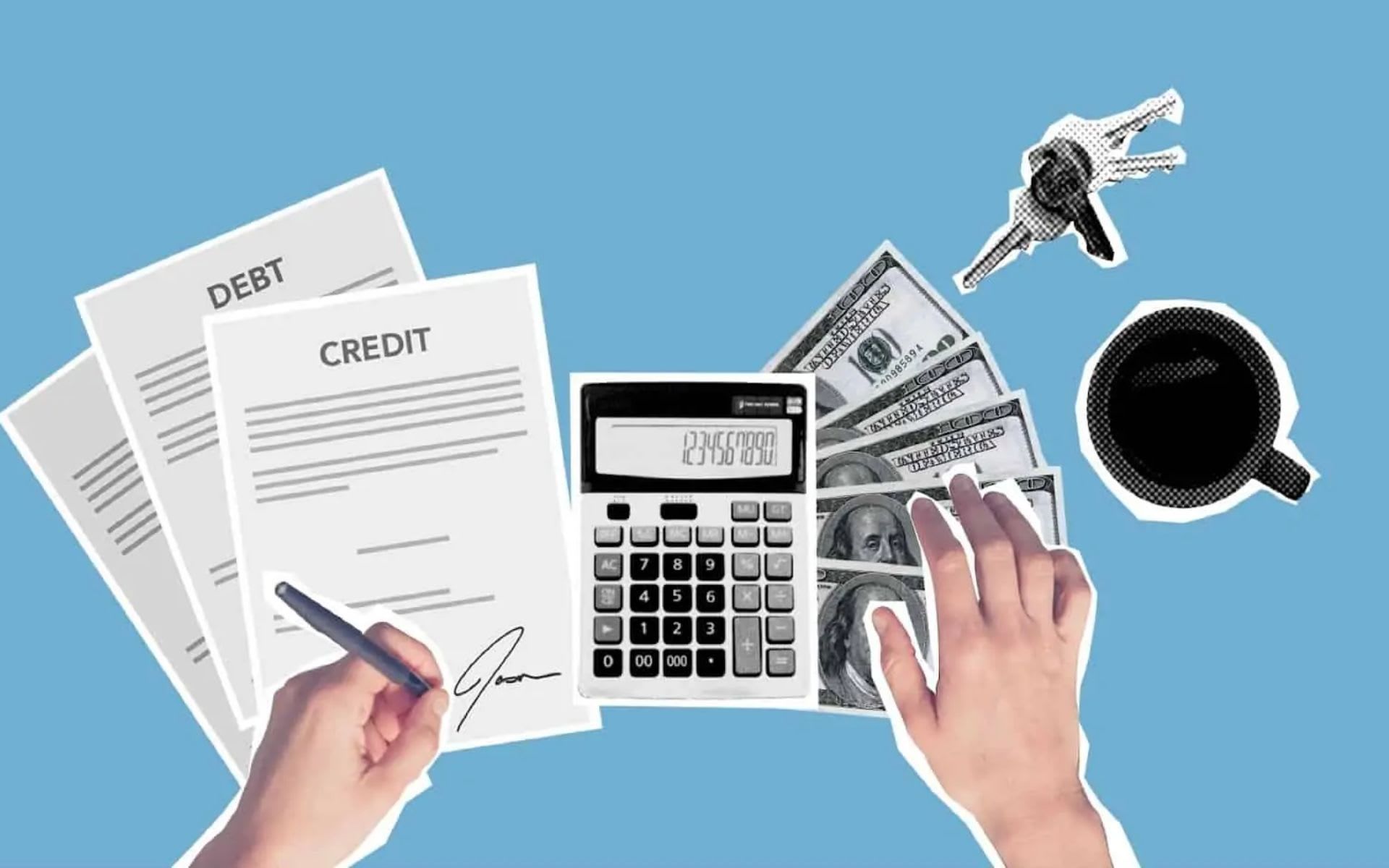How to Know if You Should Refinance Your Home
Deciding if you should refinance your home can be a tricky decision. There’s so many things to consider, like how much your monthly payment will be affected, how long it will take to reach your refinance break-even point, and is it really worth it in the long run?
So how do you know if you should refinance your home? Keep reading to learn a few reasons why you may want to consider refinancing.
To Lower Your Interest Rate
Probably the biggest reason most people think to refinance their home is to get a lower interest rate on their mortgage. When interest rates drop significantly (like they have in recent years) it can make a lot of sense to refinance your home. There are costs you’ll have to pay when refinancing your home (more on that later) so it’s important to calculate some numbers before you make your decision. But if you plan to be in your home for many years longer, the costs you’ll have to pay upfront to refinance your home may be worth it to have a lower interest rate for the remainder of your loan.
To Change Your Loan Term
Another reason you may consider refinancing your home is to change the length of your mortgage. Maybe when you originally purchased your home you decided to go with a 30 year loan, and now you’d like to switch to a 15 year loan. While your monthly payment will be higher on a 15 year term versus a 30 year term, you’ll save lots of money on interest over the life of the loan. This scenario would mostly make sense if you haven’t been paying on your loan very long, and if you are in a stable place financially to take on a bigger payment.
On the other hand, you may have started out with a 15 year mortgage and are now considering switching to a 30 year mortgage. Your housing payment is one of your highest monthly bills, if not the highest, and switching to a lower payment can be a huge help in some situations. Maybe you’ve made a career switch that came with a lower salary, you’ve had to take on some unexpected medical bills, or some other situation that’s caused your finances to change drastically. If you’re looking at a long-term change in your finances, it may be worth it to look into refinancing so you can gain some relief on your monthly mortgage payment.
To Change From an ARM to a Fixed Rate Mortgage

If you currently have an adjustable rate mortgage (ARM), refinancing to a fixed rate mortgage may be a good move for you. With an ARM, your interest rate is only fixed for a certain period of time (usually 5 or 10 years), and then the rate starts to adjust with the market. So if you have a 5/1 ARM, your interest rate is set for the first five years, and then it adjusts every year after that.
An adjustable rate mortgage is much riskier than a fixed rate mortgage. With a fixed rate mortgage, your rate is locked in for the life of the loan. With an ARM you may enjoy a lower interest rate for the fixed rate period, but if rates shoot up after that time expires then so does your mortgage payment. You have to be comfortable taking that risk and dealing with the uncertainty of your payments changing to stick with an ARM loan.
ARMs may be a good deal in some situations. If you don’t plan on being in your home longer than five years or so, you could enjoy the low introductory rate and then sell your home before the rate ever adjusts.
If you started out with an ARM loan and wish to switch to the stability of a fixed rate loan, it may be time to refinance your home.
To Stop Paying PMI
FHA loans help many first-time homebuyers purchase a home without having to have a perfect credit score or a huge down payment. They can be a great choice for many homeowners, but like everything, they do come with disadvantages as well.
With a conventional loan, if your down payment is less than 20% of the purchase price, you are usually required to pay PMI (private mortgage insurance) with your monthly payments. PMI helps protect the lender in the case the borrower is unable to make their payments as agreed. On a conventional loan, once your loan to value ratio hits a certain point, you are able to stop paying PMI. This lowers your monthly payment and can save lots of money over the life of the loan. With an FHA loan, you are no longer able to stop paying PMI once the loan to value ratio hits a certain threshold. You now have to pay PMI over the life of the loan.
So if you’re wondering if you should refinance your home, getting out of paying PMI may be a good reason. If you are able to switch from an FHA loan to a conventional loan, you may be able to save some money on your mortgage payments.
Things to Keep in Mind When Considering Refinancing

Refinancing your home is much like buying a home. Just like when you bought your house initially, you will have to pay closing costs again. This is very important to keep in mind when trying to decide if you should refinance your home.
Closing costs average about 2% to 6% of your loan amount. Will it be worth it to refinance your home after taking into account the amount you have to pay upfront? Only you will be able to decide that answer. A good way to help you decide if refinancing is right for you is to determine your break-even point. To get your break-even point number, simply divide the dollar amount of your closing costs by the money you’ll save with your new lower monthly payment. So if you will have to pay $5,000 in closing costs, and your estimated monthly savings on your new mortgage payment is $200, you’ll hit your break-even point after 25 months. In just over two years, you’ll have recouped the cost of refinancing. If you plan to stay in your home for that amount of time or longer, refinancing could make a lot of sense!
Should You Refinance Your Home?
Trying to decide if you should refinance your home is not always an easy decision. Your mortgage payment is usually the largest chunk of your budget, and lowering that payment can make a big difference for most people. There are other things to consider aside from your monthly payment, however. Refinancing your home means paying closing costs again, which can cost many thousands of dollars. It may also mean extending the amount of time you are paying on your loan. There are also tax implications that might apply, like lowering your mortgage interest deduction (definitely consult with your tax professional on this one.)
There are lots of things to consider when refinancing your home, and we hope this article has helped you think through some of your options. If you don’t already have a real estate professional by your side, we at Quantum Real Estate would love to work with you. Our team of professionals can help you determine if refinancing is right for you, or if it’s time to sell your home and find somewhere new. We serve all around the greater Sacramento area – click here to contact us!
















